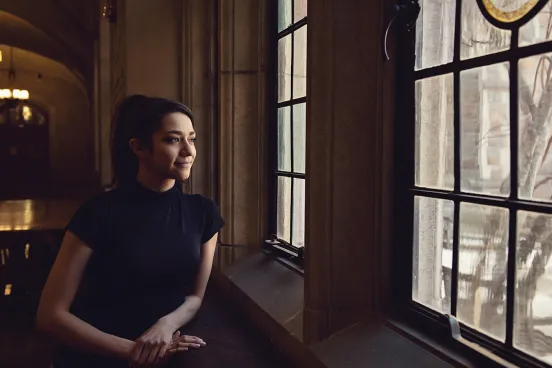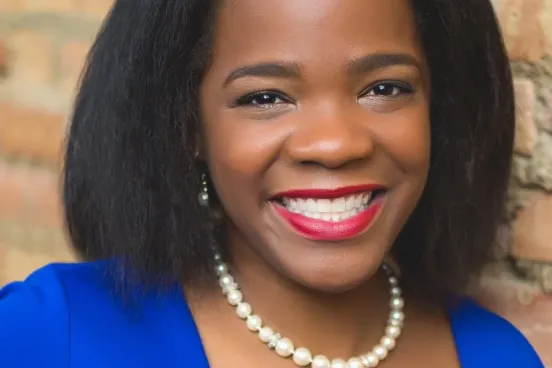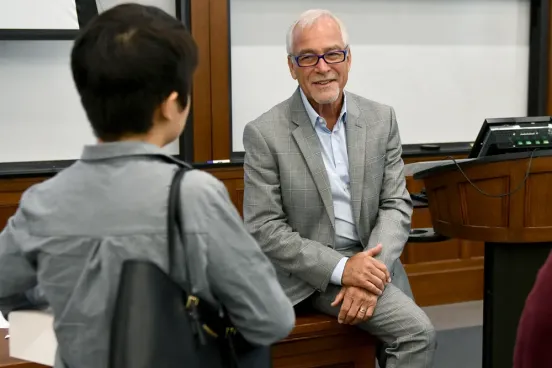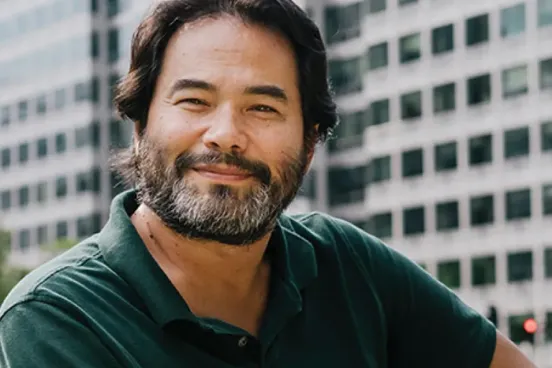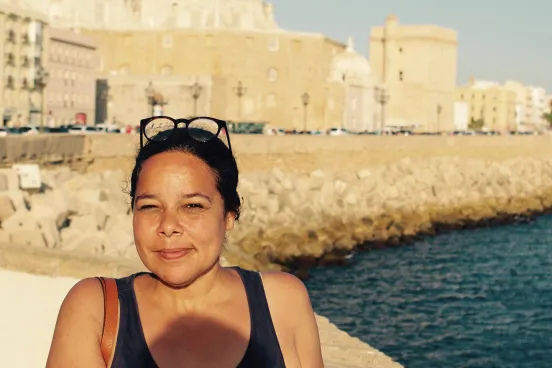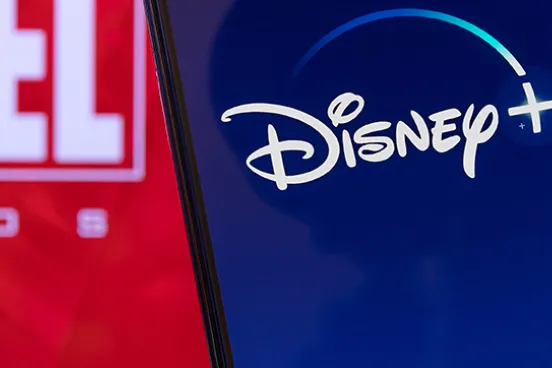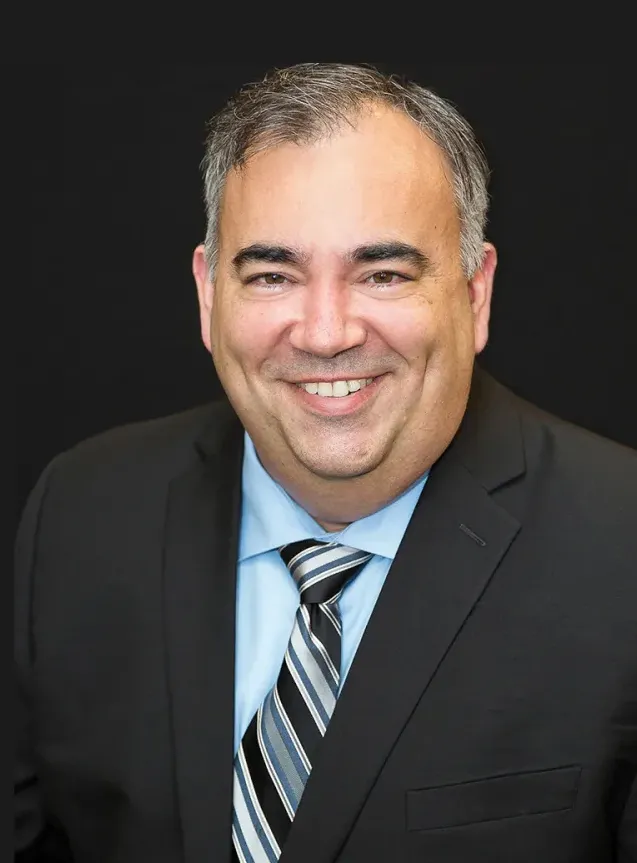
When Jonathan Fountain, ’01, walks the floor of a Las Vegas trade show, U.S. marshals at his side, its vendors hold their collective breath. And when he walks out, counterfeit goods in hand, it’s to their applause.
“When an infringer sells a counterfeit device or creative work, or when an infringer imitates another’s trademark, they are free riding on the investment others have made, and are entering or competing in a market with an unfair competitive advantage,” says Fountain. “Protecting the individuals’ and companies’ investment in creating their intellectual property (IP) encourages further innovation because the risk of investing is much less than it would be if these protections did not exist.”
Fountain focuses his practice on trademark, copyright, patent, and entertainment law. He has represented some of the largest companies in the world—including Apple, Nike, and Visa—in IP litigation, as well as Las Vegas-based hospitality companies, such as MGM Resorts International and Las Vegas Sands Corp. But 25 years ago, Fountain was managing a McDonald’s restaurant when his assistant manager was shot and paralyzed during an attempted robbery. He decided it was time for a change. Fountain started attending classes at the University of Nevada, Las Vegas, while continuing to work at McDonald’s at night. Having achieved a nearly perfect GPA, he applied to law school. “I came to Michigan with plans of becoming a prosecutor, so that I could help prevent violence like what I had witnessed and help stop the bad guys,” says Fountain. “But I became interested in IP law because I had a passion for computer programming that began during my teenage years, and I wanted to explore the intersection of law and technology.”
By enforcing IP rights, Fountain still plays a role in “stopping the bad guys.” In 2016, he successfully shut down dozens of websites through which criminal elements in Asia were using counterfeits of his clients’ famous trademarks to deceive U.S. and foreign citizens into believing that they were gambling at legal online casinos when, in fact, they were not.
“What many infringers don’t realize is that IP law, at least in the United States, has teeth. While we have the most robust laws, they still need refining, particularly with respect to trademarks,” says Fountain, who currently is working on an appeal with the U.S. Court of Appeals for the Ninth Circuit that would potentially bring back the presumption of irreparable harm in trademark infringement cases pending there.
In any given week, there are dozens of trade shows occurring in Las Vegas, including some of the biggest in existence, which make them perfect opportunities for company executives to scope out their competitors. While walking the trade show floor, they discover infringements of their IP, such as counterfeit shoes, handbags, baseball jerseys, tires, dietary supplements, and even hardware products. “We usually can’t do anything about it the first time counterfeits are discovered because the show already has started and only runs for three or four days,” says Fountain. “But it sets us up for the next six months or the next year when the trade show and the infringing company return.”
If the counterfeit goods continue to be displayed, Fountain files a lawsuit and seeks an injunction and seizure order. Then comes his favorite part of the job. “On the second or third day of the show, I’ll go in with the U.S. marshals to confront the company in question. That is when infringing banners are taken down and infringing goods are seized,” says Fountain. “Employees running the booth often are surprised, as they usually do not know that their employer is displaying infringing goods, so we take the time to explain why we are there and what we are doing. Other vendors who witness the seizure often applaud when I am leaving the convention hall with counterfeits in hand. It sends a strong message to other attendees that the United States takes IP rights seriously.”


